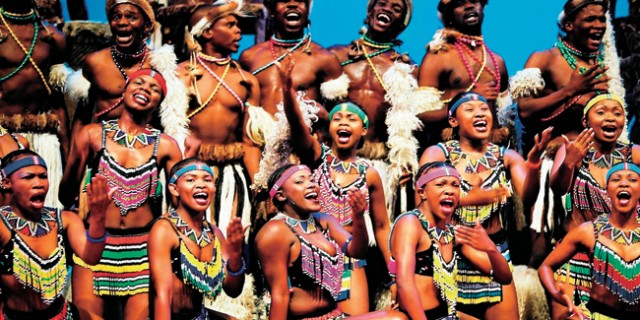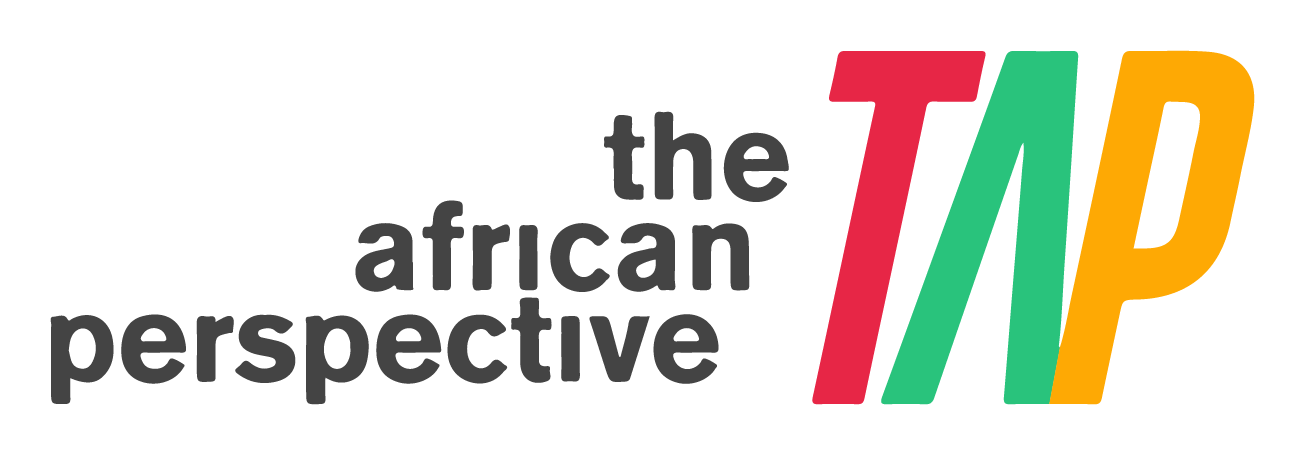Tribalism: Africa's final frontier

Tribalism: What is a tribe?
Tribes seem to be a basic fact of life in Africa. As Africans, we all belong to a tribe, or have one parent from one tribe and another from another. I remember trying to explain the concept of a tribe to a British friend of mine, apart from wearing different regalia he saw no difference between a Zulu and a Dinka.
A tribe is a distinct group with a common lineage and language, but for every rule there was an exception. These concepts of what consists a tribe have existed for thousands of years and yet we have just accepted them, there must be a scientific reason tribalism exists. Even in chimpanzees, scientists have seen that chimps from West Africa don’t like chimps from East Africa, the cultures are different and body language varies. We as humans know we are all one species, we have only four blood groups, your own mother’s blood can cause illness if transfused to you but the blood of your worst enemy can be the perfect match. I came to the conclusion that tribes are about resource management in our modern era, less so about cultural pride, and that is what makes them dangerous.
Tribalism: The myth of creation
Every tribe starts with a myth of creation, I remember being in detention for talking in class and I was stuck with people from many tribes. My friend said “I cannot be defeated, my people fought their way out of a crocodile’s belly.” He told me about his tribal myth. One day a pregnant woman was fetching water by the edge of the river, a giant crocodile snapped and ate her in one gulp. The croc was fine until after three days it had a severe stomach ache, the indigestion was so bad that it vomited, and out came the child. This child was raised by crocodiles, taught how to fish and swim, one night he made love to a croc and gave birth to children who became the said tribe. It was the best story I’d ever heard, time flew that afternoon.
Then I turn to another friend from a rare tribe and he starts “there was this eagle yeah.....” Today the word myth is a lie, a falsehood, but in ancient times myths were stories to help you understand the world around you, not a lie. Woven into these myths were philosophical questions, ethics, morality, governance and fatalism. These myths say more about our present predicaments than our pasts, they helped us understand the world before rational scientific thought. Imagine a child asking “Daddy, how did we come into being?” you better have a good story.
Tribalism: The progenitor
One thing that makes tribes patriarchal is their creation myths are male-centred, at the heart of it is a patriarch who sets the model for all subsequent men. Scientists have discovered that races are a very recent thing in humankind, all humans looked the same once but isolation and genetic selection have made them what we see today. I love the Kikuyu myth, of a man Gikuyu who had seven daughters and no sons. Thinking he was cursed, God told him that his daughters will bear him a nation of sons, like Abraham. So the life of progenitor, ethical code, belief system, resource management methods, and a common ancestor-ship all are set in stone.
A common ancestor is a strong pull, even if you share linguistic ties to your neighbour, the tie of blood whether imaginary or real is seemingly unbreakable. The patriarch is the template for the family man, therefore misogyny is ingrained deep in our culture. When population densities were low, people could migrate freely, geographic isolation meant they changed linguistically from dialect to separate language, and an isolated gene pool soon starts to look the same after a while. Then as people expand their horizons they come into contact with other isolated groups and the next step; war.
Tribalism: The grievance
The bond of common ancestry, language and culture is sometimes not enough. A grievance is often the final bond, like the Luo and Acholi is the same tribe, but split when two brothers had a disagreement because a child ate a bead, the child was split into two to retrieve the bead and the two brothers agreed to live on opposite sides of the Nile. In some cases the grievance is historic, in others more recent, but the bottom line is poverty affects all. Today a Luo in Kisumu can think he hates a Kikuyu in Nyeri, but they both might be poor, malnourished, uneducated, homeless, jobless and yet they think they hate each other. These grievances often mask the current problem, they put people in the same demographic at odds with each other based on their ethnic background. The politicians inherited tribal governance structure from colonialists and this model continues to this day. When you add the factors of what makes a tribe and what it means today, you see it is all about who is getting what share of the pie. Tribalism is seen as a way of guaranteeing equitable share of resources, these tribes were never set in stone, we have seen fragmentation, agglomeration and absorption of tribes jostling for a bigger share of the pie.
Tribalism: The pie
Tribal politics is about the sharing of resources, the theory behind it is that tribes get political power and state resources in proportion to their population. So a Muganda as 20% wants a proportional share, as with a Kikuyu, or with a Nandi. The problem is that some areas need more investment than their numbers suggest, for example Karamoja makes less than 5% of Uganda’s population and yet might need 10% investment because of the problems there, failure to solve these problems leads to other problems in other areas. How can we assess needs and not numbers, some need help disproportionate to their numbers. In Rwanda, the Belgians reclassified what were around 10 loose regional groups into three tribes, Hutu, Tutsi and Twa. Then young Hutu scholars read Marxist ideology which they misappropriated to their situation, the word “Bourgeois” was replaced with “Tutsi” and “Proletariat” replaced with “Hutu” and thus racialised a class struggle against monarchy. This created a tribal vehicle into power but soon differences emerged between Bakiga and Nyanduga sub-groups. So if these creations are man-made, surely man can solve them.
The Future
Tribal mentalities used to embody different attitudes to use of resources, resource management, distribution channels, management structures but now they all purvey the same mentality. The idea that resources are distributed according to numbers and not need, the idea that you are not valuable as an individual, that it is only when you band with others and threaten chaos that the state listens to you. The idea that “so and so is eating” that the others have it good. Ghana solved its political problems by de-politicising and therefore de-tribalising the distribution of resources. A president who loses an election in Ghana can concede knowing his political base will not be starved to death. We have sought to eliminate tribalism by eliminating tribes, and it hasn’t worked, it has even reinforced that tribal thinking. Tribes can revert to being symbols of cultural pride and not political vehicles for primitive accumulation of wealth. If we judge according to need, not want, where opportunities and resources are equally distributed, then the tribe ceases to have a political function, and reverts to a benign state. We cannot dismiss tribal culture that kept us alive for thousands of years, helped us understand the crazy world around us, and gave us music, science, oral literature, dance, and an identity. However, we can re-appropriate it and make it work for us, losing our identity will not help us in this century. Let us keep the baby of cultural pride and throw away the afterbirth of tribalism.
Essay By Rama Isibo
